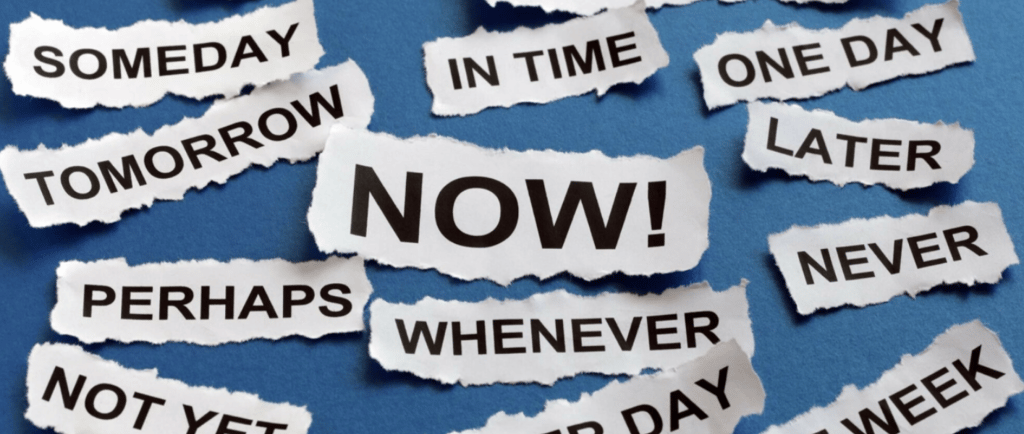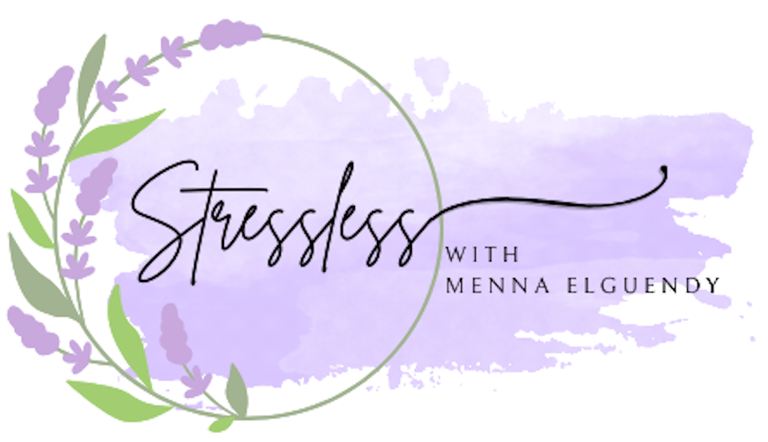Procrastination, ADHD, and Stress: Understanding and Managing in the Workplace


Procrastination is often misunderstood. It's usually labeled as laziness or poor time management.
But for many professionals especially those with ADHD, it’s actually a nervous system based coping mechanism. It’s triggered by emotional overwhelm, task aversion, and executive dysfunction.
In this guide, we’ll explore the connection between stress, ADHD, and procrastination at work and how to manage it more compassionately and effectively.
I’ve personally been stuck in a cycle of procrastination for over two years, and it impacted every area of my life. Only when I started learning about the root causes did I begin to deal with it in a healthier way. Oh, and I’m ADHD diagnosed and a perfectionist... the perfect combo, right?
I remember the moment I realized my procrastination wasn’t laziness, it was my nervous system trying to protect me. That changed everything. Instead of forcing myself to "just do it," I started asking: What do I need to feel safe enough to start? I also worked with a coach for emotional release and brain dump sessions which helped more than I expected.
And let’s not forget the guilt cycle many people fall into: Procrastination → Guilt → Shame → More Procrastination. It’s common, and the key to breaking it isn’t more pressure, it’s more understanding.
Why Do We Procrastinate? (And How to Start Shifting It)
Skill Deficiency → Hack it, don’t shame it. Learn and practice.
External Obstacle → Find another path forward.
Self-Sabotage → Realize you deserve success.
Addictive Escapism → Rechannel the craving into something meaningful.
Unrecognized Truth → Tune into what excites you, find your passion.
Understanding the Mechanism:
1. Procrastination as a Stress Response For people with ADHD, procrastination isn’t laziness, it’s the nervous system avoiding emotional discomfort. The temporary relief from avoiding a task reinforces the behavior, but over time, it leads to chronic stress, guilt, and anxiety.
2. Executive Function Challenges Executive functions include planning, organizing, prioritizing, and initiating tasks. ADHD significantly impacts these abilities. Under stress, the brain shifts away from problem, solving and into escape mode. That’s why even tasks you want to do feel impossible to start.
3. Emotional Dysregulation People with ADHD often experience emotions more intensely, anxiety, shame, frustration. These can feel paralyzing and trigger internal failure narratives before you’ve even begun. Emotional dysregulation doesn’t just worsen procrastination, it feeds a cycle of self-doubt and avoidance.
Workplace Signs of ADHD Linked Procrastination
Difficulty initiating complex or unclear tasks
Feeling “frozen” under tight deadlines
High sensitivity to feedback or perceived criticism
Cycles of hyperfocus followed by burnout
Low motivation despite strong skills or talent
Tools and Strategies That Actually Help ( & yes they do work just try )
A. Break It Down: Try the 10–3–1 Rule
Write 10 words to define the task
Break it into 3 micro steps
Start with the 1 easiest step
B. Time Management: Use the Pomodoro Method Work for 25 minutes, rest for 5. Repeat. This gives your brain structure and rhythm.
C. Shape the Environment: Reduce distractions ( put your phone away ), use noise-canceling tools, visual planning boards ( and visualize your decisons impact ), or a structured schedule.
D. Co Regulation: Don’t go at it alone. Talk to a peer, coach, or friend when you’re stuck. Sometimes just being seen breaks the freeze.
E. The 2 minuted Rule : if the task can take under 2 min. get it done right now, this will help you clear your mind and focus on the important tasks that truly move the needle
F. Use the eisenhower matrix: it helps you categorise your tasks based on urgency
G. Eat the Frog: and this will need another long post by itself.. so stay tuned for the next post :D
H. Stop worrying about perfection: it can be paralysing, just make a start and you will figure it out on the way, mistakes is a sign of progression.
Reflective Practice
Ask yourself:
When I procrastinate, what emotion is underneath it?
What’s one supportive action I can take that’s kind not critical?
How Leaders Can Support Employees:
Normalize rest, clarity breaks, and flexible focus
Avoid shame or micromanagement; offer co regulation instead
Support neurodiverse inclusion with structure + empathy
The shift begins with awareness and compassion not pressure or punishment. Managing procrastination isn’t about fixing yourself, it’s about understanding yourself. And that’s not weakness. That’s self leadership.
If this resonates with you, know this: you’re not broken, and you’re not alone. There’s a whole toolkit that can help. Start small. Start kind. Your brain isn’t your enemy, it’s just wired differently. And that’s okay.
